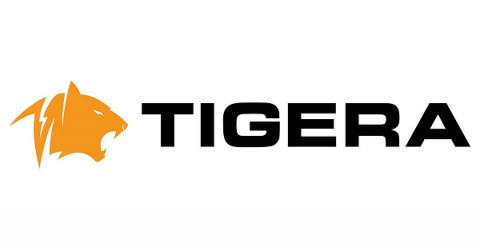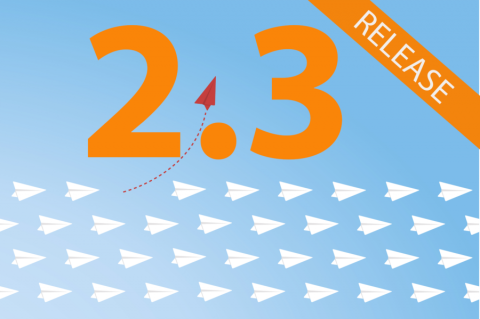Security | Threat Detection | Cyberattacks | DevSecOps | Compliance
February 2019
Achieving network security and compliance for Kubernetes on AWS
Navigating Network Services and Policy With Helm
Deploying an application on Kubernetes can require a number of related deployment artifacts or spec files: Deployment, Service, PVCs, ConfigMaps, Service Account — to name just a few. Managing all of these resources and relating them to deployed apps can be challenging, especially when it comes to tracking changes and updates to the deployed application (actual state) and its original source (authorized or desired state).
New Tigera Secure Enterprise 2.3 Anomaly Detection Deepens Visibility into Suspicious Kubernetes Activities
Tigera is excited to announce several new capabilities with Tigera Secure Enterprise Edition 2.3, extending the ability to uncover sophisticated Kubernetes attacks. Tigera Anomaly Detection capabilities provide insight into unusual behaviors that compromise the security and performance of Kubernetes environments.
Single Sign-On for Kubernetes: An Introduction
One of the great things about Kubernetes is that it completely separates authentication and authorization. Authentication (Authn) meaning the act of identifying who the user is and authorization (Authz) meaning the act of working out if they’re allowed to perform some action. This can be thought of in terms of a Passport and a Visa.





